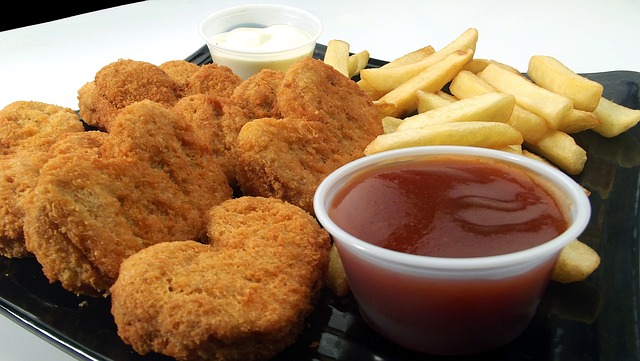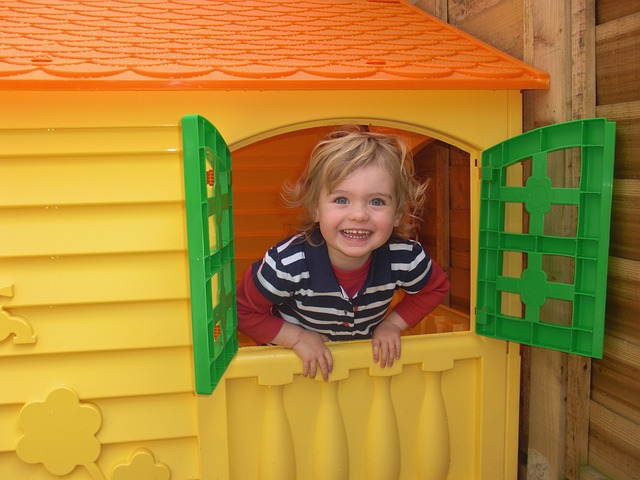
Fall and Language
Fall provides many opportunities to expand your child’s speech and language skills. Here are some fall-related ideas: 1. Make Leaves: Use construction paper to cut various sizes of leaves. You can then sort by color, shape, and/or size. 2. Count Apple or Pumpkin Seeds: Cut an apple in half or cut open a pumpkin and count how many seeds are inside. If you choose to use a pumpkin, you can also roast the pumpkin seeds. Talk with your child about the steps you take (cleaning the seeds, laying them on a baking sheet, sprinkle with salt, and bake, etc.). 3. Collect Leaves: Go on a nature walk around your school or neighborhood. Allow your child to collect different colors, shapes,











